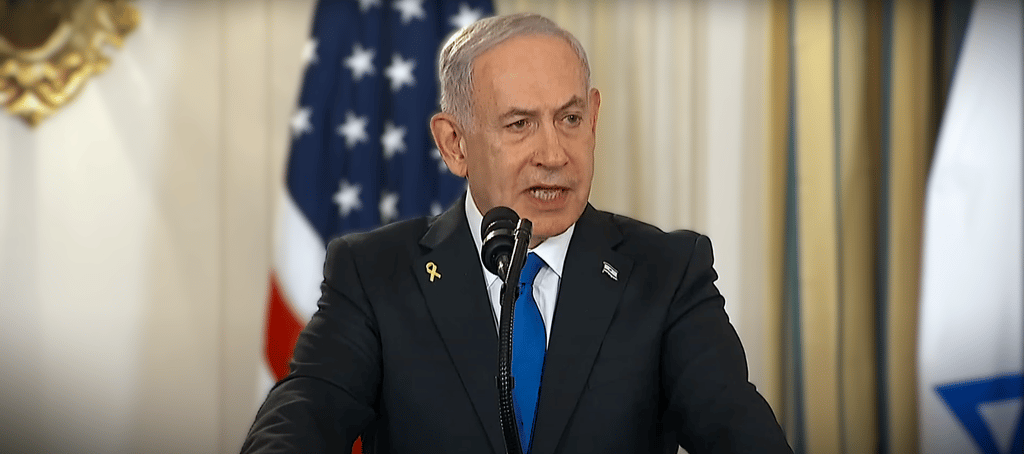Trump and Netanyahu Announce Gaza Peace Deal, Hamas Response Decisive | 30 Sept 2025 Update
Trump and Netanyahu unveil Gaza peace plan on 30 Sept 2025. Hamas review underway — acceptance could ease crisis, rejection risks renewed conflict.
Raja Awais Ali
9/30/20252 min read


Trump Secures Netanyahu Agreement on Gaza Peace Plan, Hamas Response Key to Success
On 30 September 2025, U.S. President Donald Trump and Israeli Prime Minister Benjamin Netanyahu announced in Washington a U.S.-sponsored 20-point Gaza peace proposal aimed at halting the war and easing the humanitarian crisis.
The initiative includes an immediate ceasefire, the release of Israeli hostages within 72 hours in exchange for thousands of Palestinian prisoners, and a phased but partial Israeli withdrawal while retaining security control in much of Gaza. The plan also demands the disarmament and exclusion of Hamas from governance, offering amnesty or safe passage for members who renounce violence.
A temporary technocratic administration under international supervision would manage Gaza during the transition, backed by global reconstruction funding. The proposal also suggests creating a “Board of Peace” chaired by Trump, with figures such as former UK Prime Minister Tony Blair under consideration — though Blair’s potential involvement has already drawn criticism among Palestinians.
Trump and Netanyahu stressed that the plan does not endorse the creation of a Palestinian state. Netanyahu further warned that Israel would resume military operations if Hamas rejects the deal. Hamas confirmed it has received the proposal through Qatar and Egypt and says it is under review. Reports suggest cautious openness on prisoner exchanges but hesitation over disarmament and governance.
Global reactions have been divided. Turkish President Recep Tayyip Erdoğan praised the effort but called for broader regional consultation. The European Union and several Western governments cautiously welcomed the plan but reiterated their commitment to a two-state solution. French President Emmanuel Macron insisted that Hamas must release hostages. Meanwhile, Palestinian officials dismissed the plan as illegitimate, objecting to Tony Blair’s suggested role, and far-right Israeli ministers criticized Netanyahu for compromising national security.
Analysts warn that the plan’s success depends on Hamas’s formal consent, credible mechanisms for disarmament, political unity within Israel, and the swift delivery of humanitarian aid. Without these, any ceasefire may prove temporary.
For now, the world awaits Hamas’s official response — a decision that could either ease Gaza’s humanitarian suffering and open a path toward regional diplomacy or trigger renewed Israeli military action and deepen the conflict.
Stay informed with the latest national and international news.
© 2025. All rights reserved.